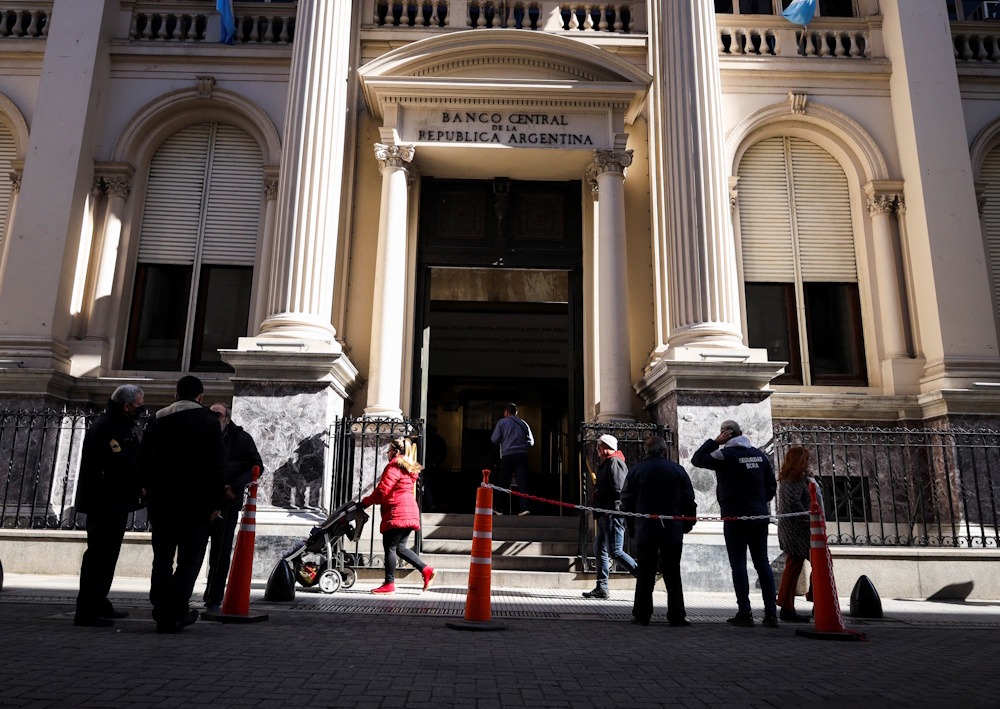Argentina is set to slightly relax the reserve requirements that commercial banks are obligated to report on a daily basis, aiming to incrementally enhance liquidity and stimulate lending, as per an informed source. The committee of the Central Bank, convening on Thursday, is considering a relaxation of the requirement for complete daily adherence to reserve maintenance, according to a source. Banks will now be permitted to satisfy 95 percent of the daily requirement, a reduction from the current 100 percent threshold. The fundamental reserve ratios differ according to the type of deposit and financial instrument involved. A representative from the Central Bank refrained from providing any commentary. The adjustment seeks to enhance banks’ flexibility in liquidity management, as accurately calculating daily balances proves challenging, and the existing regulation encourages the maintenance of excess reserves to circumvent significant penalties.
The alteration comes after an extended period of advocacy by financial institutions via industry associations, aiming to alleviate funding expenses and safeguard profit margins. Officials from the Central Bank communicated to banking executives that regulatory easing would occur following the conclusion of Sunday’s legislative elections. Market participants had already factored in a potential policy shift on the horizon. “Over the medium term, policymakers are expected to gradually unwind the emergency reserve requirement hikes on sight deposits,” stated Walter Stoeppelwerth, chief investment officer at Grit Capital Group, an Argentine brokerage, in a note to clients Thursday. “The evidence is stark: liquidity is dangerously tight.” Nonetheless, the process of unwinding the liquidity controls appears to be progressing at a more measured pace compared to the rapid escalation of requirements implemented by policymakers in recent months.
The concession granted is significantly less than what banks had sought. Lenders, confronted with a liquidity squeeze as the government aimed to mitigate a run on the peso amidst market turmoil preceding midterm elections, had been urging officials to transition from daily to monthly reserve compliance. Prior to the election, interest rates on peso assets experienced a temporary surge, hitting triple-digit levels across both money and capital markets. Profit margins contracted, leading to a decline in the stock prices of prominent financial institutions. Core banking activity exhibited a decline as economic conditions weakened, with delinquency rates reaching their highest levels since the pandemic. Nearly all banks have halted mortgage lending activities.
The Central Bank appears to be adopting a more prudent stance, as the relaxation of requirements introduces additional pesos into the economy, potentially leading to currency destabilization. On Wednesday, Argentina’s Treasury announced that it rolled over less than 60 percent of local debt maturing in an auction, indicating that a new influx of pesos is set to enter the market.

